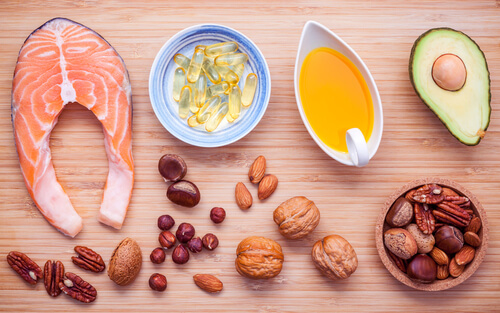 Vitamin D is one of the most important nutrients available to humans but it is also very different from most of the minerals and vitamins that we get in our diet.
Vitamin D is one of the most important nutrients available to humans but it is also very different from most of the minerals and vitamins that we get in our diet.
Vitamin D might be a vitamin by name but in reality, it works more closely to a hormone – or as a ‘master hormone’ that regulates the release of many other hormones (including testosterone and melatonin to name a few). This makes sense when you consider how tightly linked vitamin D is to the ‘external zeitgebers’ (‘time givers’) that the body sets its biological clock by.
Vitamin D is produced by the body in response to sunlight and this allows it to trigger specific changes beginning at once when the sun rises and ending once it sets. Failure to get vitamin D can therefore lead to sleep problems, mood disorders and low levels of testosterone.
It goes beyond this though too. Vitamin D has more recently been shown to be one of the most important nutrients when it comes to our immune system. Vitamin D might actually be as effective as some vaccinations when it comes to combating colds and flus! This could save health services millions of dollars nationally and it could of course save many lives as well.
Moreover, vitamin D plays a very crucial role when it comes to the development of the foetus in the womb. That and it is also crucial for the absorption of calcium and magnesium. Low vitamin D can lead to brittle bones and even rickets.
Vitamin D helps with the alleviation of inflammation and this means that it can also help with brain fog, arthritis and a range of other conditions.
Despite all this, at least 10% of the US population is deficient in vitamin D and likely much of the UK is as well. The current DV is 600 IU, though you can consume much more – up to 40,000 IU – before you are likely to experience any negative effects.
The reason so many of us are deficient in this very important substance is simply that so many of us work office jobs or otherwise don’t get enough time in the sun.
Fortunately, vitamin D can be obtained from sources other than the sun too and it can actually come from the diet. Not only are there a surprisingly wide number of foods that are high in vitamin D but many more are also fortified with vitamin D to make them even healthier. Read on then and we’ll look at a large number of sources for your vitamin D DV.
1. Cod Liver Oil
Cod liver oil will provide you with 450 IU or 75% of your daily requirement with just a single teaspoon. That’s a pretty impressive feat and especially when you consider what else cod liver oil has going for it. This of course is a source of omega 3 fatty acid, which is a type of fat that can be used to form cell walls. This makes the cells walls more permeable and flexible and that can not only prevent damage but also improve the communication between cells. This is especially felt in the brain, where it can speed up and strengthen synaptic transmissions, enhancing focus, memory and general brain function considerably.
Oh and omega 3 also lowers inflammation, which means you’ll get double the benefit by combining this with the benefits of vitamin D.



